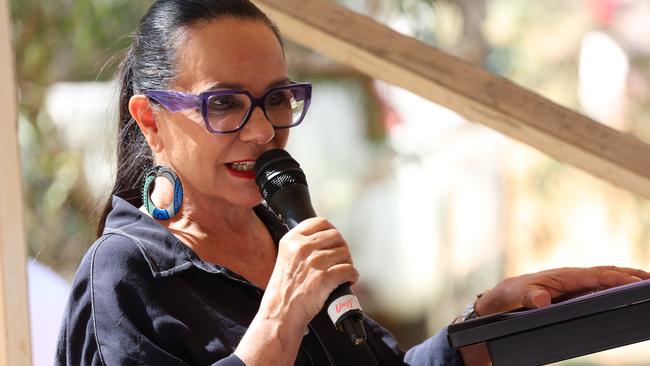
And the trend towards a dominant No vote continues with little remedy in sight.
None of this should come as a surprise.
The confusion over the detail, the function and the scope of the voice is now killing any goodwill many undecided voters may have once had.
The blame for this can only lie with the Albanese government.
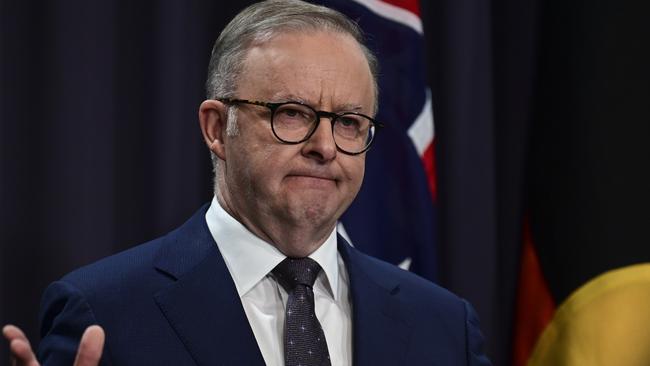
The current strategy is failing. Divisions are becoming embedded and will be hard to reverse.
At what point does the Prime Minister forcefully intervene to either rescue the proposition from disaster or ensure an alternative can prevail?
While the latest Newspoll confirms the downward trajectory may not have yet even hit its low point, it is the shift in demographics that reflects not only deteriorating attitudes to the voice model being offered but also a shift in the broader political landscape.
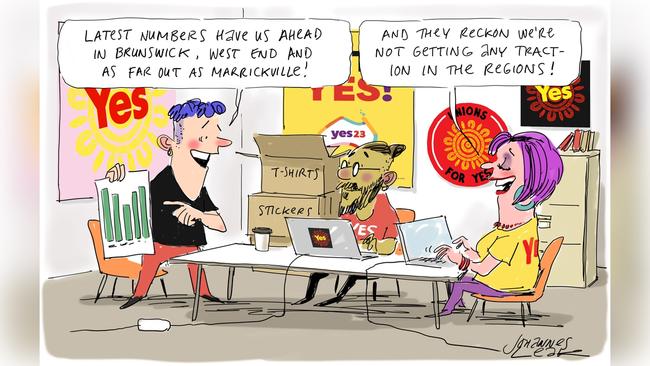
Attitudes to the voice cannot be decoupled from the lived experience of most Australians facing cost-of-living pressures.
This would appear to be demonstrably true in the sharp decline in support among women voters.
This is the most noticeable shift in opinion over the past three weeks, along with the hardening of the No vote in regional Australia.
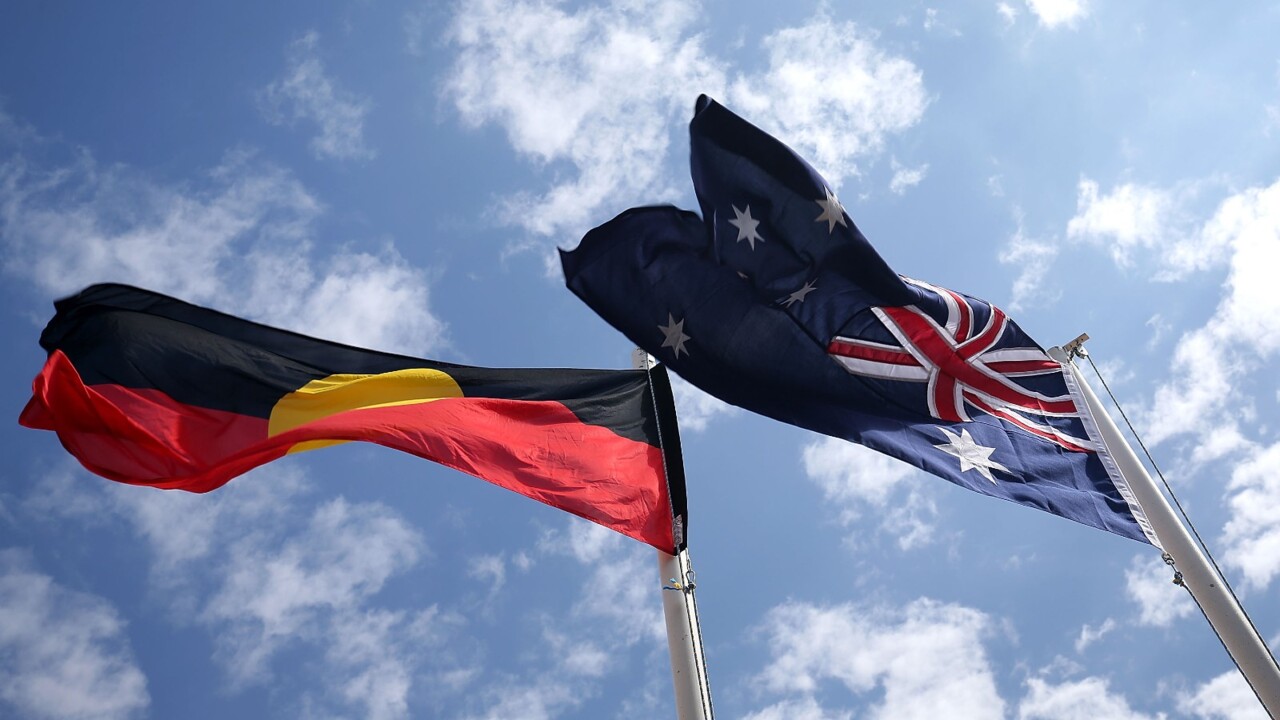
Ask any pollster and they will tell you female voters are more highly attuned to cost-of-living pressures than male voters.
And cost of living is by far the issue of most concern to a majority of all voters.
When it comes to the voice, female voters have until now been significantly over-represented among the undecideds. Many had yet to establish a firm view.
This was demonstrably different to men, who were more likely to have formed a view.
The reveal is in the questioning. When asked which way they would lean if forced to profess a view, women voters were now significantly more likely to say No.
So what has changed in the past few weeks? The answer is two things.
The government has monumentally failed to explain what the scope of the voice will be.
The second element is the strategic edge the No campaign identified months ago. It has spent significant funds directly targeting women for this very reason. It now appears to have paid off.
Thirdly, in its contortions over the voice, it has vacated the field in talking to voters’ primary concern – cost of living.
The other demonstrable shift has been the hard tilt to a No vote among regional voters.
While the margin of error in the demographic breakdowns is slightly greater, the movement is well beyond that. The No vote in the regions is above 60 per cent.
The bottom line is that the trend towards a No vote is increasing and it is expanding in the wrong demographics for the Yes camp.
More Coverage
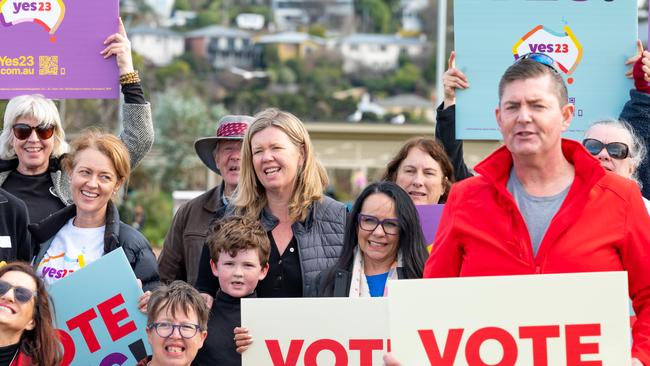


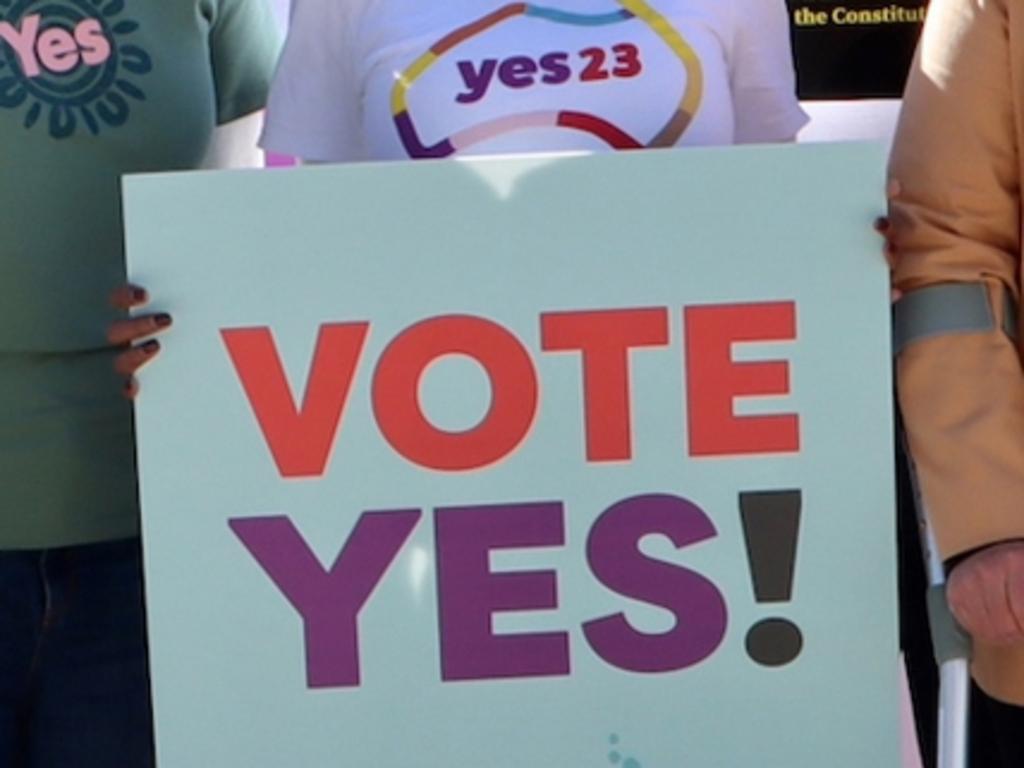
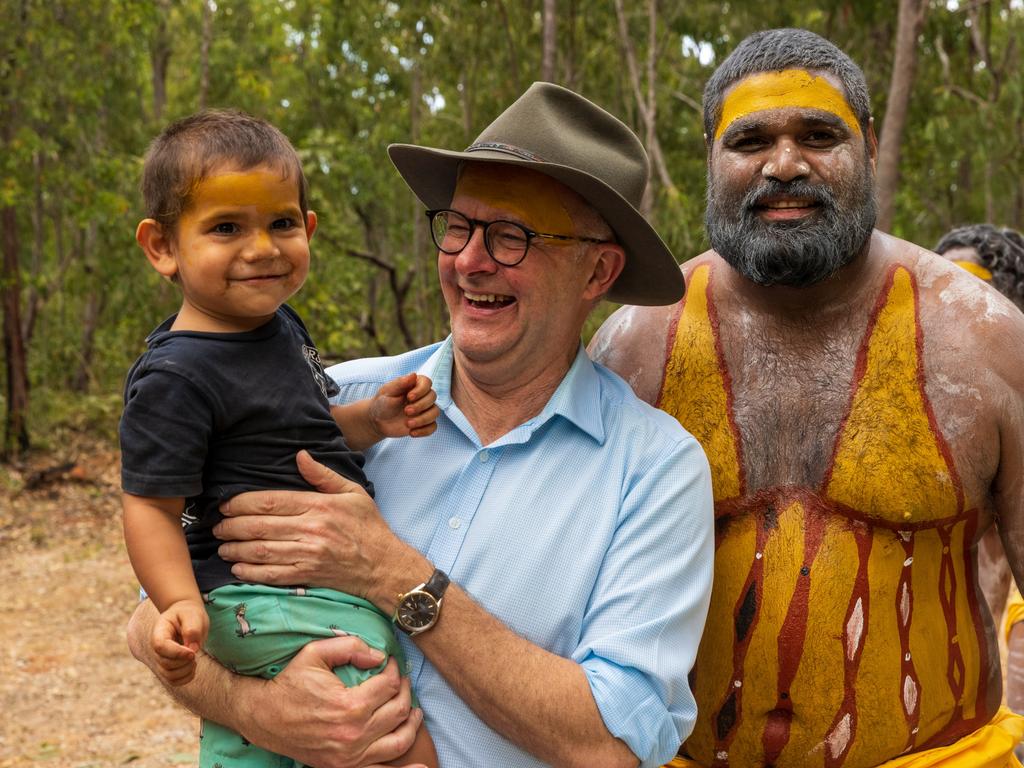
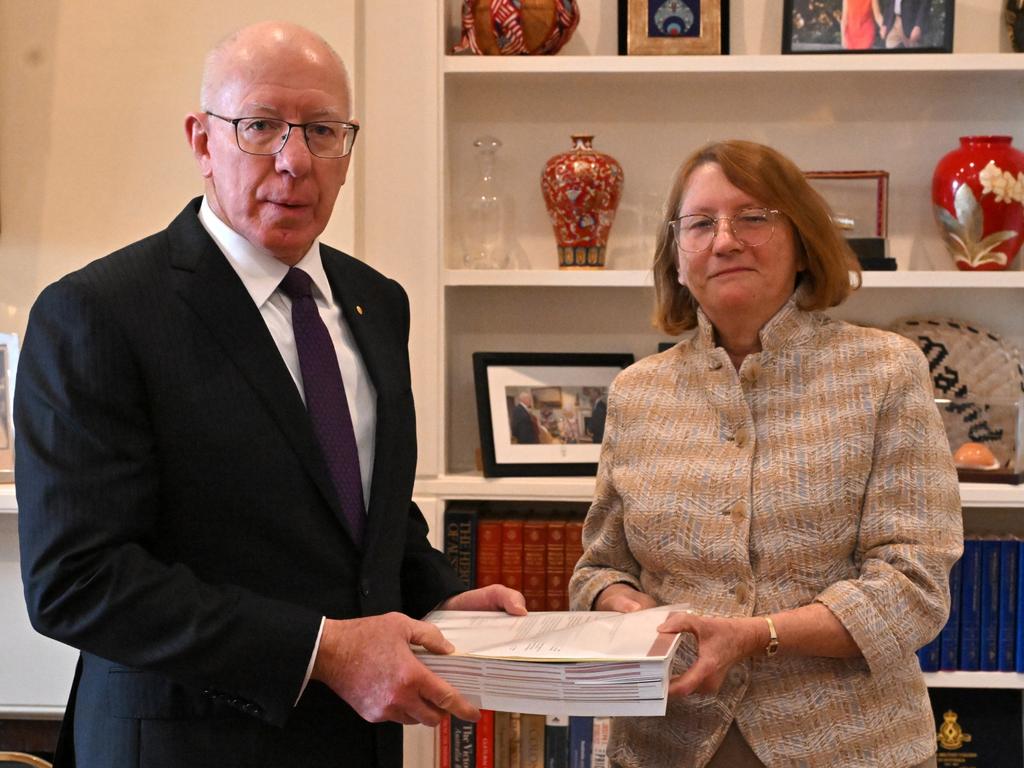
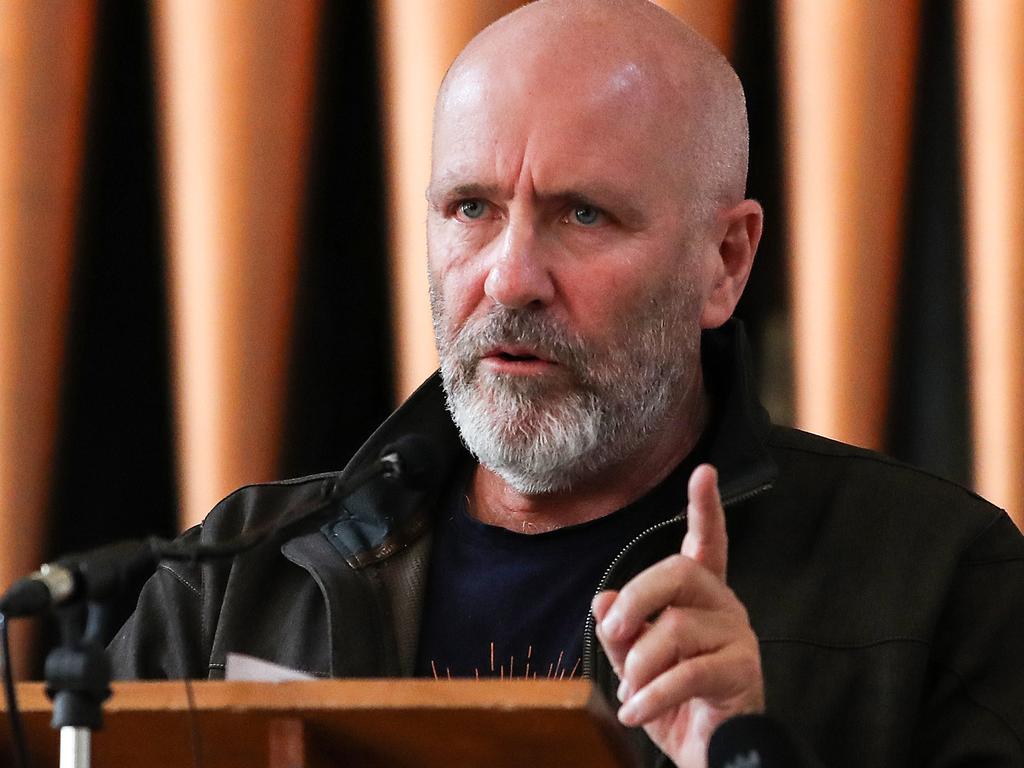


The voice referendum is in serious trouble. Support for the proposition is gradually collapsing.